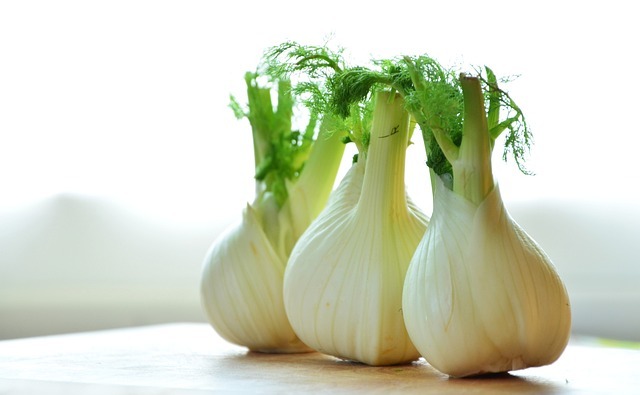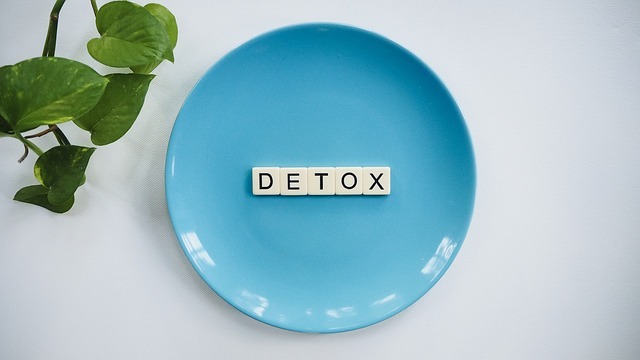
Gut Symptoms: 5 Key Reasons Behind Them.
There may be quite a few reasons you’re experiencing IBS symptoms. If you’ve been given the all clear by your doctor but you still have gut symptoms, these five areas may be worth exploring.
1. FODMAPS
Although each person has different reactions to various foods, certain foods tend to trigger IBS symptoms more than others. This is especially true when it comes to carbohydrates called FODMAPS (fermentable oligosaccharides, disaccharides, monosaccharides and polyols), which researchers have found are commonly unabsorbed in the gut and easily become fermented — which can cause significant issues throughout your digestive system.
The important thing to remember with the low FODMAP diet is that it is only meant to be undertaken as a temporary measure, to take the pressure off your gut while it’s healing. It is not a long term solution, and you need to find out the underlying reason your gut is struggling.
Click here for more on gut testing.
If you’d like to learn more about eating a low FODMAP diet or to soothe the gut in general, I’d highly recommend downloading my online course The Ultimate Gut Health Programme to help support your digestive system whilst avoiding triggering symptoms.
It’d be impossible to include all you need to know in one blog, but the programme will have all you need to know to ensure you’re soothing your digestive system, whilst eating delicious and filling foods.
2. STRESS
Higher levels of stress is tied to disturbances in digestion due to how stress raises inflammation and impacts hormone levels. Studies have found that anxiety, depression and/or every day anxieties can trigger problems with your gut.
The gut and brain are constantly talking to each other via the vagus nerve so the gut can receive signals from your central nervous system (brain and spine) that cause it to become unpredictable.
Stress and digestion are also directly related because the gut produces neurotransmitters, such as serotonin, which have a direct impact on how you feel.
3. LACK OF EXERCISE
Studies have found that regular exercise (including aerobics, lifting weights or yoga) help control stress and can improve digestive health.
Studies have shown that increased physical activity improves symptoms associated with IBS and improves quality of life.
4. DYSBIOSIS
Alterations in the microbiota (dysbiosis) can come about for many reasons. Some of the most common are:
- Exposure to environmental pollutants, toxins and moulds
- Consuming a poor diet lacking in whole foods
- Antibiotic use
- Use of other medications such as the contraceptive pill.
- High levels of stress
5. SIBO
Often when clients are experiencing stubborn gut symptoms that just won’t seem to resolve, its because SIBO (small intestinal bacterial overgrowth) is playing a part.
Common symptoms of SIBO include:
- Nausea
- Bloating
- Vomiting
- Diarrhoea
- Poor nutrient absorption
- Weight loss
- Joint pain
- Fatigue
- Rashes
- Acne
- Eczema
- Asthma
- Depression
- Rosacea
Foods to try cutting out of your diet as part of an “elimination diet” for relieving IBS include:
- Conventional dairy products
- Gluten
- Added sugar and refined, white flour
- Caffeine and alcohol
- Spicy foods
- Certain FODMAP grains, vegetables and fruit (such as apples, stone fruit, avocado, onions, garlic and broccoli)
If you would like to speak to me about any aspect of your gut health, including testing options, then please use this link to book into my diary for a FREE 30 minute chat so I can find out more about what is going on for you. Alternatively please use the ‘Learn More’ link below.
Free Mini Programme
Would You Like to Learn How to Fix Your Digestive Symptoms, Beat the Bloat and Feel Amazing?
1:1 Coaching Plans
Get Ready to Permanently Beat the Bloat, Soothe Your Digestion and Feel Amazing
Ultimate Gut Health Programme
Delicious, Filling & Inspiring ways to Become Symptom-Free, Soothe Your Gut and Enjoy Your Food Again!



















